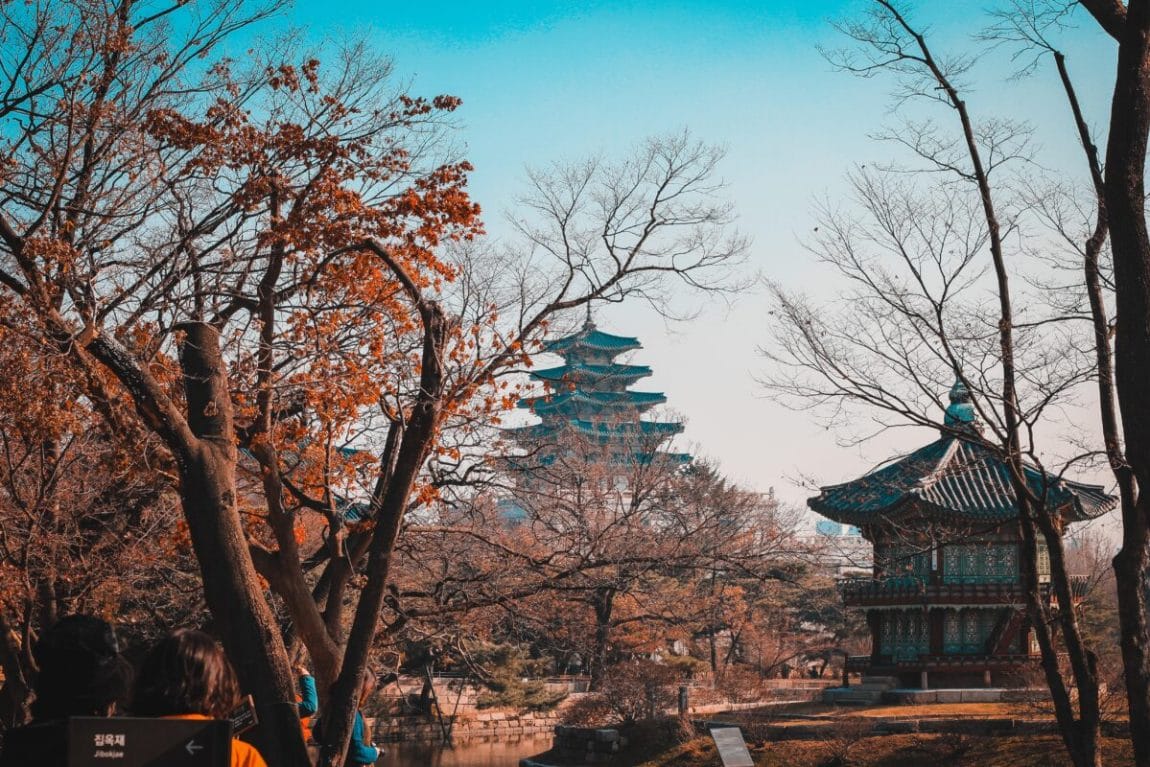Today, we delve into the vibrant culture and unique experiences that South Korea has to offer. However, as a first-time tourist, you might inadvertently stumble into some common faux pas. So, buckle up as we journey through the 12 common mistakes first-time tourists often make when visiting South Korea, and of course, the best ways to avoid them. Stay savvy, and let's make your South Korean experience as seamless and memorable as possible!
1. Ignoring Local Customs
South Korea is a country rich with customs and traditions. From using both hands when receiving something to bowing as a form of greeting, these customs matter to the locals. By respecting and following these norms, you show your appreciation for their culture, making your journey more meaningful.
2. Wearing Revealing Clothing
South Korea leans towards the conservative side when it comes to dressing. Despite the flashy outfits you see in K-pop music videos, it's best to avoid revealing clothing, especially at religious sites. Respect the local culture and dress appropriately—it's part of the travel experience.
3. Not Having a Power Adaptor
South Korea uses Type C and F plugs, which might be different from what you use at home. It's easy to forget this small but crucial detail so make sure to throw in a universal power adapter from Amazon.com when packing.
4. Not Respecting the Drinking Culture
Drinking etiquette is important in South Korea. For example, when someone older offers you a drink, it's polite to accept it. Understanding this will help you make friends and enjoy the vibrant nightlife.
5. Not Learning Basic Korean Phrases
English isn't a universal language in South Korea. To truly appreciate your experience and communicate effectively with locals, it's beneficial to learn some basic Korean phrases. You'll find this handy when ordering food, asking directions, or simply saying hello. After all, languages create connections!
6. Not Carrying Cash
South Korea is advanced, but not every place accepts cards. Smaller vendors, traditional markets, and even some taxis prefer cash. To avoid being stuck in a cash-only situation, it's wise to always have some cash with you.
7. Not Tipping
In many countries, tipping is a norm. But, in South Korea, it's not customary and might even be considered rude. Don't make the mistake of leaving tips. The service charges are usually included in your bill, and staff receive a regular salary.
8. Skipping Street Food
South Korea's street food scene is an extravaganza that should not be missed. Your culinary adventure wouldn't be complete without trying local street foods like tteokbokki or hotteok. So, don't make the mistake of dining only at upscale restaurants. Street food stalls are where true flavors live!
9. Not Trying the K-BBQ
Korean Barbecue isn't just a meal; it's an immersive, hands-on dining experience. Don't leave South Korea without trying this culinary gem. You cook your food at the table, sizzling meats paired with a variety of sides—it's a feast you don't want to miss!
10. Ignoring Public Bathhouse Etiquette
South Korea is known for its traditional bathhouses or ‘jjimjilbang,' where everyone bathes naked and separately by gender. While this might feel strange to outsiders, it's an integral part of Korean wellness culture. Embrace this unique experience and remember, everyone else is as naked as you are!
11. Sticking to Seoul Only
While Seoul has much to offer, limiting your visit to this city alone would be a mistake. South Korea has so much more to explore, from the breathtaking landscapes of Jeju Island to the cultural richness of Gyeongju. So, break free from Seoul's charm and dive into the diversity of this magnificent country.
12. Rushing at the DMZ
The Demilitarized Zone (DMZ) is a key historical site that needs time to fully appreciate. This is not just any tourist spot—it bears the scars and stories of the Korean War. Spend ample time understanding its historical and emotional significance.
